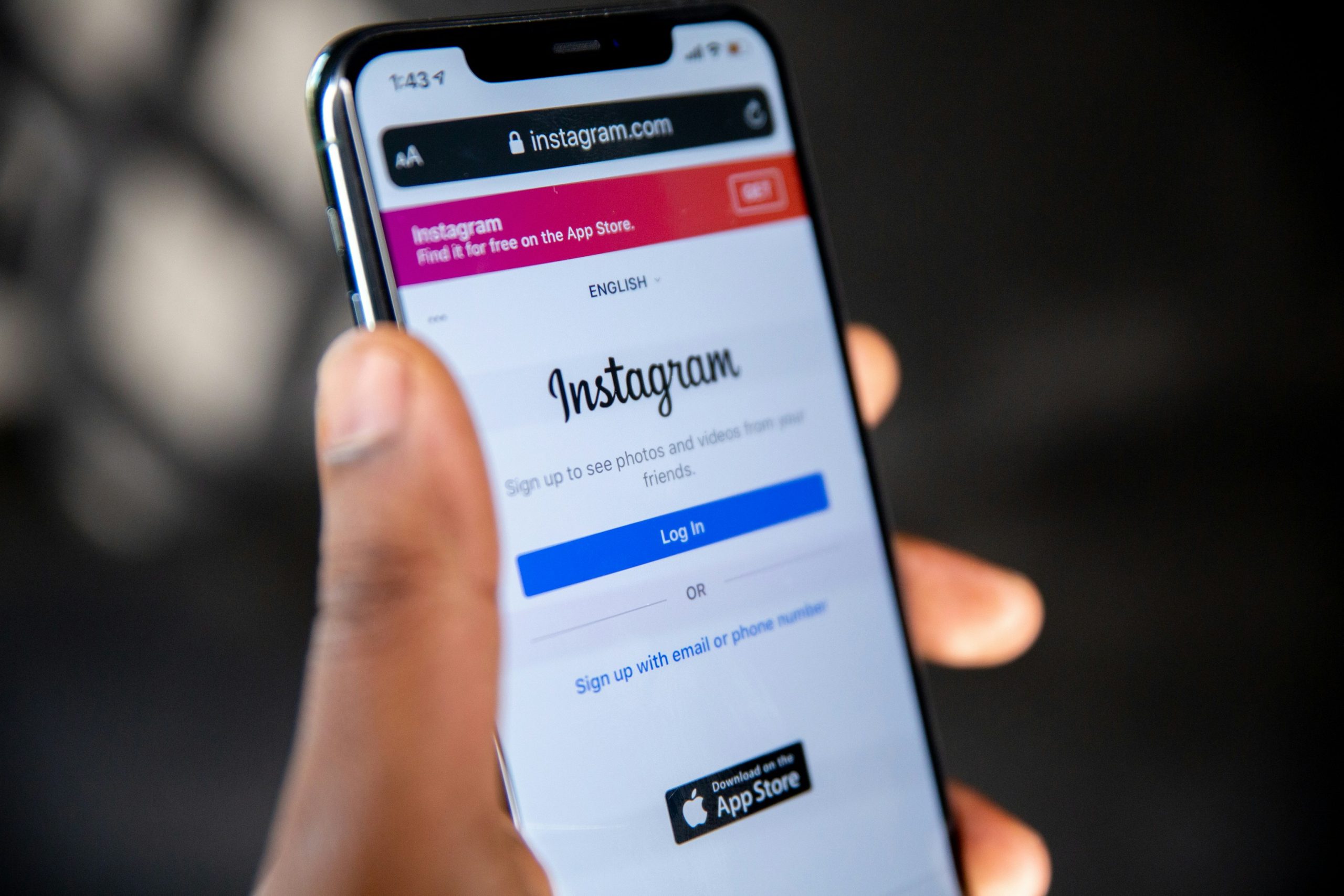Are you an e-commerce entrepreneur frustrated by the infamous Your Shopify Store Isn’t Eligible for Instagram Product Tagging error message? Don’t throw in the towel just yet! This common roadblock can be a major setback for businesses looking to leverage Instagram’s shopping features to boost sales. Fear not, as we delve into the nitty-gritty of why this error occurs and, more importantly, how you can swiftly resolve it. In this guide, we’ll equip you with actionable tips and strategies to get your Shopify store back on track for Instagram product tagging success in no time. So, grab your digital toolkit and let’s troubleshoot our way to a seamless online shopping experience!
Understanding Instagram product tagging error
Understanding Instagram product tagging errors can be frustrating for Shopify store owners looking to leverage the social media platform for increased sales. These errors often stem from issues such as incomplete product information, violation of Instagram’s commerce policies, or discrepancies in account settings. To resolve this, ensure that your products have clear and accurate details, comply with Instagram’s guidelines, and adjust your account settings to enable product tagging.
Moreover, collaborating with influencer partners who already have access to product tags can help bypass eligibility restrictions. Building a strong relationship with influencers not only expands your reach but also provides an alternative method for showcasing your products on Instagram. By understanding the root causes of these tagging errors and exploring new strategies to address them, you can navigate these challenges more effectively and optimize your e-commerce presence across multiple platforms.
![]()
Ensure your store meets the eligibility requirements
Ensuring that your store meets the eligibility requirements for Instagram product tagging is crucial for maximizing your online presence and driving sales. One key aspect to consider is the type of products you are selling on Shopify – certain categories such as adult content, alcohol, or healthcare products may not be eligible for product tagging. Additionally, make sure that your store complies with Instagram’s merchant agreement and commerce policies to avoid any issues with eligibility.
Moreover, optimizing your website’s metadata can also play a significant role in meeting Instagram’s requirements. By properly setting up your product descriptions, titles, and images according to best practices, you can improve the chances of being approved for product tagging. Remember to maintain a consistent brand image across both Shopify and Instagram platforms to strengthen your online credibility and increase customer trust. By proactively addressing these eligibility factors, you can quickly resolve the error and start leveraging Instagram’s powerful features for boosting your e-commerce success.
Verify domain and business details on Shopify
A crucial step to ensure that your Shopify store is eligible for Instagram product tagging is to verify your domain and business details. This verification process adds credibility to your online store, reassuring both Instagram and potential customers of the legitimacy of your business. By confirming these details, you establish trust in the eyes of consumers, which can lead to increased conversions and sales.
Shopify provides a seamless method for verifying your domain and business information, allowing you to easily comply with Instagram’s requirements. Additionally, this verification process helps protect against fraudulent activity and safeguards the integrity of your brand online. Take advantage of this opportunity to solidify your store’s professionalism and authenticity in order to maximize visibility on social media platforms like Instagram.
Ensuring that all the necessary details are verified not only resolves the issue at hand but also positions your Shopify store for long-term success in the competitive e-commerce landscape. It’s a simple yet impactful way to enhance your online presence and attract more customers who value transparency and credibility when making their purchasing decisions.

Connect Facebook page to Shopify store
Connecting your Facebook page to your Shopify store is a crucial step in expanding your reach and engaging with customers more effectively. By linking these two platforms, you can seamlessly integrate your social media marketing efforts with your e-commerce business, creating a cohesive online presence that drives traffic and boosts sales. This connection allows you to easily showcase your products on Facebook, run targeted ads to specific audience segments, and leverage the power of social proof through customer reviews and interactions.
When setting up the connection between Facebook and Shopify, ensure that you grant the necessary permissions for seamless integration. This includes allowing Shopify access to manage your Facebook page, ads, and other related functions. Once connected, take advantage of features like the Facebook Shop section where customers can browse and shop directly from within the social platform. Additionally, don’t forget to regularly update product listings on both platforms to maintain consistency and keep customers engaged across channels.
Request Instagram product tagging approval
To request Instagram product tagging approval for your Shopify store, it’s essential to ensure that your business complies with all the platform’s requirements. This includes having a fully functional website that is operational and ready for customer transactions. Make sure your site adheres to all Instagram commerce policies to increase the chances of getting approved promptly. It’s also advantageous to have a strong social media presence and engage with your audience regularly, as this demonstrates credibility and trustworthiness to the platform.
Additionally, optimizing your product descriptions and images can significantly impact the approval process. Use high-quality images that accurately represent your products, along with detailed and clear descriptions. Communicate the value propositions effectively through these elements, making it easier for Instagram to verify your products’ authenticity and relevance. By following these guidelines attentively when requesting approval, you’re on track towards unlocking Instagram product tagging features for increased visibility and potential sales opportunities.

Troubleshooting common issues
Troubleshooting common issues with your Shopify store not being eligible for Instagram product tagging can be a frustrating experience, but with the right approach, it can be resolved quickly. One common issue could be related to the product catalog synchronization between Shopify and Facebook Business Manager. To troubleshoot this, ensure that your Shopify store is properly connected to Facebook and that the products you want to tag are included in the synced catalog. Additionally, check for any discrepancies in product information or images that may cause issues with tagging.
Another common issue could be related to compliance with Instagram’s commerce policies. Make sure that your products adhere to Instagram’s guidelines on prohibited items and meet their requirements for eligibility. If you’re still encountering difficulties after addressing these issues, consider reaching out to Shopify’s support team or seeking assistance from social media marketing experts who specialize in resolving Instagram product tagging errors. By systematically troubleshooting these common issues, you can get your Shopify store back on track for successful Instagram product tagging in no time.
Conclusion: Successfully resolve Instagram product tagging error
In conclusion, successfully resolving the Instagram product tagging error can significantly impact the sales and visibility of your Shopify store. By following the troubleshooting steps outlined in this guide, you can overcome this obstacle and leverage the power of social media to drive traffic to your products. Remember that persistence and attention to detail are crucial in identifying and fixing any issues that may be causing the error.
It’s important to stay updated on any changes or updates from both Instagram and Shopify regarding product tagging functionalities. This proactive approach will help you adapt quickly and ensure smooth integration between your online store and social media platforms. Finally, don’t hesitate to reach out for professional support if needed, as resolving this error promptly can lead to increased engagement with potential customers and boost your e-commerce success.





